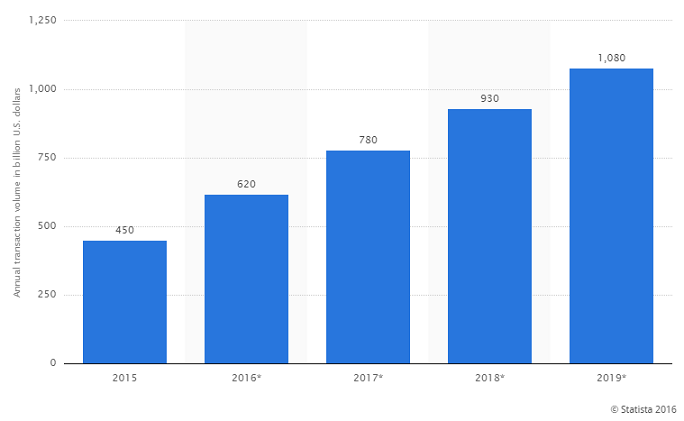Credit cards have become highly integrated in the lifestyles of many consumers. But there can be some nasty consequences for getting too comfortable with credit card debt. Here are a few ideas for how to pay off credit card debt, and why it should be a priority.
Why Is Credit Card Debt So Dangerous?
Outside of payday loans, credit card debt is just about the most dangerous form. There are several reasons why carrying a credit card balance can be so disastrous for your financial health. These reasons are so intense, that recent studies have shown that people with persistent credit card debt suffer from physical ailments later in life. According to an article from the New York Times:
“The new research tapped Department of Labor data to analyze the financial health of almost 7,900 baby boomers over more than a decade, from age 28 to 40, as well as their physical health at age 50. It found that people who carried consistently high levels of unsecured debt were 76 percent more likely to have pain that interfered with their daily life than people with no unsecured debt.”
So what about credit card debt specifically makes it so bad for you? There are two elements to credit cards that work in tandem, which, when left uncheck, can absolutely ruin your life.
The first issue with credit cards is that they’re extremely easy to use and don’t force you to stop spending at a healthy limit—as is the case with debit cards or cash. When you pay with credit, you’re able to buy significantly more than what’s actually affordable for your budget. It only takes doing this one time to find yourself in a perpetual cycle of debt.
And what keeps you in that cycle of debt? High interest rates. Credit card balances come with notoriously high interest rates, oftentimes over 20 percent. If you’re not paying off your balance in full each month, it can just keep growing and growing. It makes sense that credit card companies would want to charge a higher interest rate, since they’re offering unsecured debt with few requirements. But many consumers—whether out of want or need—are unable to keep themselves from overspending on their credit cards. Doing this can put you in a cycle so pernicious, it will affect your physical wellbeing.
How to Pay Off Credit Card Debt
If you’re looking for credit card debt help, you want to make a plan to pay it down as soon as possible. The longer you wait to take on your credit card debt, the more damage it will cause to your life.
Utilizing debt repayment strategies such as the snowball or avalanche methods can be helpful in getting yourself on-track to freedom from credit card debt. With the snowball method, you pay off your smallest bills in whole first, and work your way up from there. The idea is that by gaining momentum, you’re more likely to follow through with your debt repayment. By using the avalanche approach, you’ll save the most money. This is because you pay off your debts in order of highest interest rates.
Some people might also be able to utilize credit card balance transfer to help supercharge their debt repayment. This is where you move your credit card balances to a new account that offers a low introductory interest rate. Doing this can help you get ahead on your debts, without accumulating interest for a period of time.
What to Do if You Can’t Pay Off Your Credit Cards
Some people will find that none of these strategies are enough to help get them out of credit card debt. For individuals in this boat, it might be time to start looking for more intensive options, such as debt relief. Working with Freedom Debt Relief is in some respects the ultimate credit card debt help for consumers.
When you find the right debt relief partner, you have the chance to finally get out from under your oppressive debt—and in only a fraction of the time. This is possible because companies like Freedom Debt Relief can negotiate with your lenders in order to reach a settlement. While this won’t be the right path for everyone, those who have been unsuccessful in finding credit card debt help elsewhere might finally be able to reclaim their finances. If you’re too deep in debt, it might be time to finally seek out help for your credit card debt. This can be a difficult decision, but will be worth it if you can get your life back on track.












